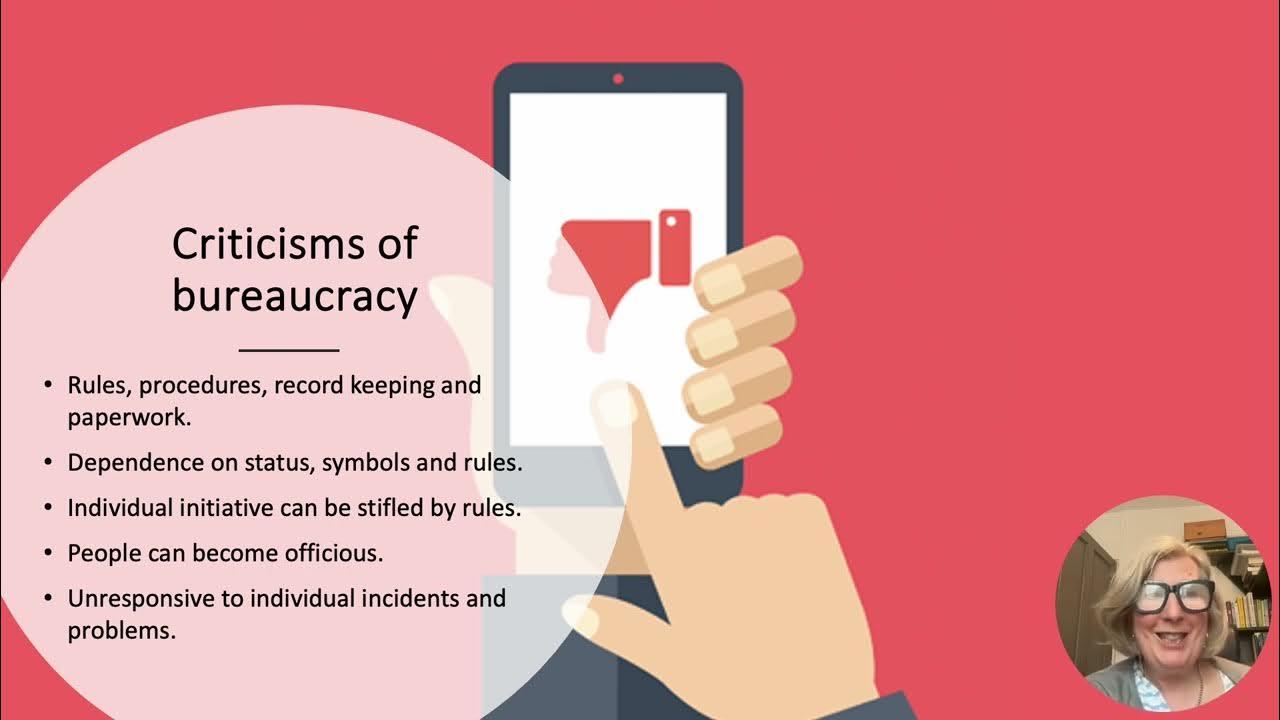[UFMS Digital] Fundamentos da Administração - Módulo 2 - Unidade 2
Summary
TLDRIn this class, the behavioral approach to management and modern management theories are explored. The video covers key concepts such as worker well-being during the Industrial Revolution, human factors in management, industrial psychology, group dynamics, and the human relations school. It also touches on modern management approaches, emphasizing the systemic view of organizations and contingency thinking. The discussion extends to current management topics, including global competitiveness, quality management, and leadership in the 21st century. The class concludes with insights into the evolution of administrative theories and their application in modern organizational practices.
Takeaways
- 😀 The behavioral approach to management evolved from the Industrial Revolution and is centered on improving worker well-being.
- 😀 Worker well-being movements were influenced by unions and humanistic experiments, like the Sonho Foundry's reduction of working hours, which led to increased productivity.
- 😀 Chester Barnard's work emphasized that organizations are cooperative systems where cooperation is achieved when individuals feel a balance between effort and reward.
- 😀 Industrial psychology grew in the 1930s, addressing issues like job satisfaction, communication, and leadership, and led to the development of organizational behavior studies.
- 😀 Elton Mayo's Hawthorne experiment revealed the importance of social factors (group dynamics) in influencing individual productivity in the workplace.
- 😀 The human relations school, spearheaded by Mayo, demonstrated that social integration and informal groups significantly impacted productivity.
- 😀 The behavioral approach contrasts with scientific management, focusing more on people, informal organization, motivation, and leadership rather than just tasks and structures.
- 😀 Modern management approaches emphasize systemic views, where organizations are seen as complex systems composed of interconnected subsystems that interact with their environment.
- 😀 Contingency thinking teaches that there is no universal management approach, and strategies must adapt based on specific organizational needs and evolving circumstances.
- 😀 Contemporary management practices stress excellence in performance, quality, global consciousness, and leadership that adapts to technological and environmental changes.
- 😀 Modern leadership requires a global perspective, strategic thinking, technological savvy, ethical behavior, and the ability to inspire and guide teams in a rapidly changing world.
Q & A
What was the main focus of the behavioral approach to management?
-The behavioral approach focused on understanding human factors in the workplace, including worker well-being, leadership, group dynamics, and the role of managers in fostering cooperation within organizations.
How did the Industrial Revolution contribute to the behavioral approach?
-The Industrial Revolution led to a movement advocating for worker well-being, which included efforts by unions and humanistic experiments, like the Sonho Foundry, to improve working conditions, reduce hours, and observe production improvements.
Who was Chester Barnard, and what did he contribute to the behavioral approach?
-Chester Barnard was a key figure in the behavioral approach. In his book 'The Functions of the Executive,' he emphasized the importance of human and behavioral input in management and proposed that organizations are cooperative systems where authority and effort must be balanced.
What role did Elton Mayo's experiment play in the development of the behavioral approach?
-Elton Mayo's experiment at the Western Electric factory revealed that social factors, such as group dynamics and emotional aspects, were crucial for increasing productivity. This experiment led to a greater focus on the social aspects of organizations.
What is the key idea behind the human relations school of management?
-The human relations school, led by Elton Mayo, emphasized the importance of informal organizations, social interactions, and human relations in influencing productivity. It highlighted that factors like social behavior, job content, and emotional aspects affect employee performance.
How did industrial psychology contribute to the evolution of management thought?
-Industrial psychology, which expanded in the 1930s, studied human relations, supervision, leadership processes, communication, and job satisfaction, thus laying the foundation for the discipline of organizational behavior.
What does the systemic view of organizations suggest?
-The systemic view of organizations sees them as complex systems made up of interrelated subsystems working together toward a common goal. Organizations interact with their environment, receiving input and delivering output, and need to manage these interactions effectively.
What is contingency thinking, and how does it apply to modern management?
-Contingency thinking suggests that there is no universal solution to management problems. Instead, managers must adapt their strategies based on the specific context or contingencies of their organization and the challenges they face.
What are some key topics in modern management approaches?
-Key topics in modern management include systemic thinking, contingency thinking, total quality management, global consciousness, and the importance of leadership that can navigate the complexity of organizational systems and global competition.
Why is there no one-size-fits-all approach in management?
-There is no one-size-fits-all approach because organizations are unique, and management strategies must be tailored to the specific characteristics and circumstances of each organization. This is why modern managers must be flexible and adaptive.
Outlines

Dieser Bereich ist nur für Premium-Benutzer verfügbar. Bitte führen Sie ein Upgrade durch, um auf diesen Abschnitt zuzugreifen.
Upgrade durchführenMindmap

Dieser Bereich ist nur für Premium-Benutzer verfügbar. Bitte führen Sie ein Upgrade durch, um auf diesen Abschnitt zuzugreifen.
Upgrade durchführenKeywords

Dieser Bereich ist nur für Premium-Benutzer verfügbar. Bitte führen Sie ein Upgrade durch, um auf diesen Abschnitt zuzugreifen.
Upgrade durchführenHighlights

Dieser Bereich ist nur für Premium-Benutzer verfügbar. Bitte führen Sie ein Upgrade durch, um auf diesen Abschnitt zuzugreifen.
Upgrade durchführenTranscripts

Dieser Bereich ist nur für Premium-Benutzer verfügbar. Bitte führen Sie ein Upgrade durch, um auf diesen Abschnitt zuzugreifen.
Upgrade durchführenWeitere ähnliche Videos ansehen

PENGANTAR MANAJEMEN PART #2 - PERKEMBANGAN TEORI MANAJEMEN || JURUSAN MANAJEMEN - Albert Steinado

History of Management┃Management Theories┃Leadership Styles

Sejarah Perkembangan Manajemen dan Teori Teori Manajemen | Topik 2 Pengantar Manajemen

[UFMS Digital] Fundamentos da Administração - Módulo 2 - Unidade 1

Pengantar Manajemen pertemuan 2 History of Management & Leadership

INDU1173 Approaches to organisation and management Lecrure 1
5.0 / 5 (0 votes)
